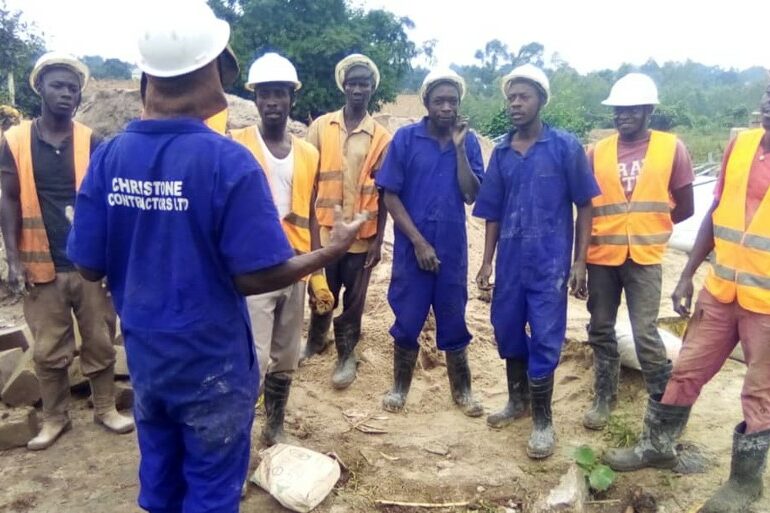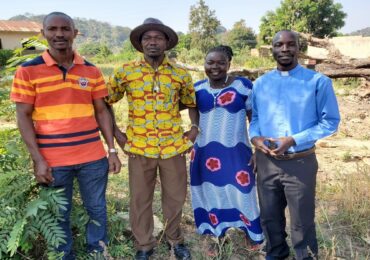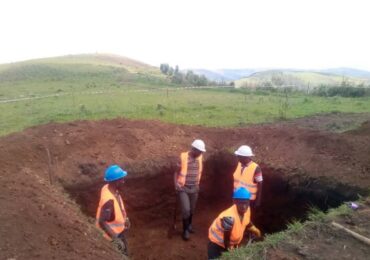
Ubuntu Towers
Uganda
Country
$15,950,000
Investment Amount (USD)
Greenfield
Business type
Installed capacity (MW)
0.576
GHG mitigation impact (tonnes of CO2e/year)
1585
Technology Area
Solar
Telecommunications is still a developing resource across Uganda. So when an acquisition monopolised the marketplace, Geoffrey Donnels Oketayot like dozens of other Ugandans in the sector, found himself facing redundancy despite years of experience. “So we thought it was wise to grow something indigineous,” explains Oketayot.
Working with two colleagues, Ubuntu Towers was born, not only to bring a local competitor to the industry, but also to serve as an example of fairness to Ugandans and represent the “other side” of employers.
Rolling out and getting started during a global pandemic certainly hasn’t been simple. “It was a very trying time,” says Oketayot, “first of all financially but also on the bigger side of it – close to 40 to 50% of our investment normally goes into batches of equipment that are imported, and as you’re well aware, there’s still a logistical problem across the world.” However, despite all issues Ubuntu were able to deliver on all of the 101 sights proposed in their initial rollout by the end of 2021.
The telecommunications tower industry is a cash-intensive one, so no amount of technical know-how can grow a business without the right financial muscle behind it. After making some 270 pitches to different investors and organisations, it initially seemed like a lost cause.
So against all the odds, how did Ubuntu Towers manage to do it?
PFAN helped us to get honed, to prepare materials investors would be interested in. They pushed us a lot in terms of being able to engage at a variety of levels in the market, and being able to understand where the opportunity lies.
“PFAN helped us to get honed, to prepare materials investors would be interested in,” explains Oketayot. “They pushed us a lot in terms of being able to engage at a variety of levels in the market, and being able to understand where the opportunity lies.” With this help, Ubuntu secured equity investment from a big name in African telecommunications, ensuring that initial period of successful implementation.
Perhaps the most direct benefit to Ugandans provided by Ubuntu is employment. In addition to dozens of direct employees, the business indirectly employs over 2,000 people, providing them with secure and fair employment. More broadly however, come the region-wide benefits of improving telecommunications infrastructure. Uganda is a primarily agricultural country with 70% of people engaged in the sector, so enabling smoother communication and payment to empower farmers has a myriad of positive impacts.
Additionally, better connectivity also goes a long way to strengthening both education and healthcare in remote areas. People outside of urban centres gain their first access to soft skills education in IT for example. What’s more, some 450 Ugandan landowners already leasing sites to Ubuntu are getting something they never would have expected before: assured and direct income for 15 years from a Ugandan firm.
In any case, it’s only the beginning for the ambitious Ubuntu, and scaling could take a variety of future forms. “We want to implement solar on all our sites as our primary source of power, and then connect all our sites to the grid as a secondary source of power,” says Oketayot. “We’ve already ordered parts for solar for the first sites, which we will be setting up this year.”





